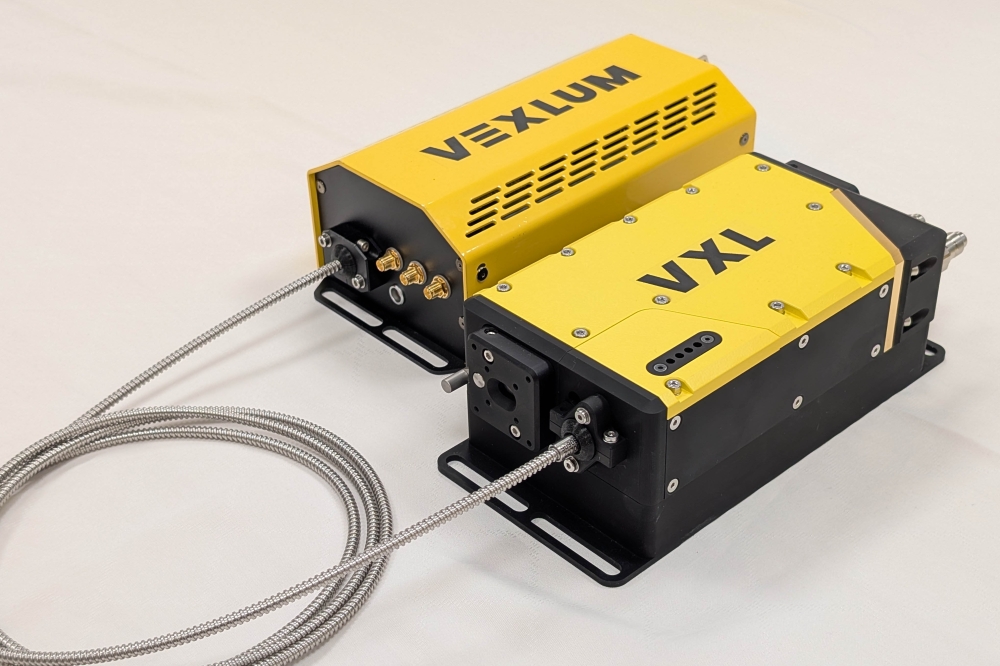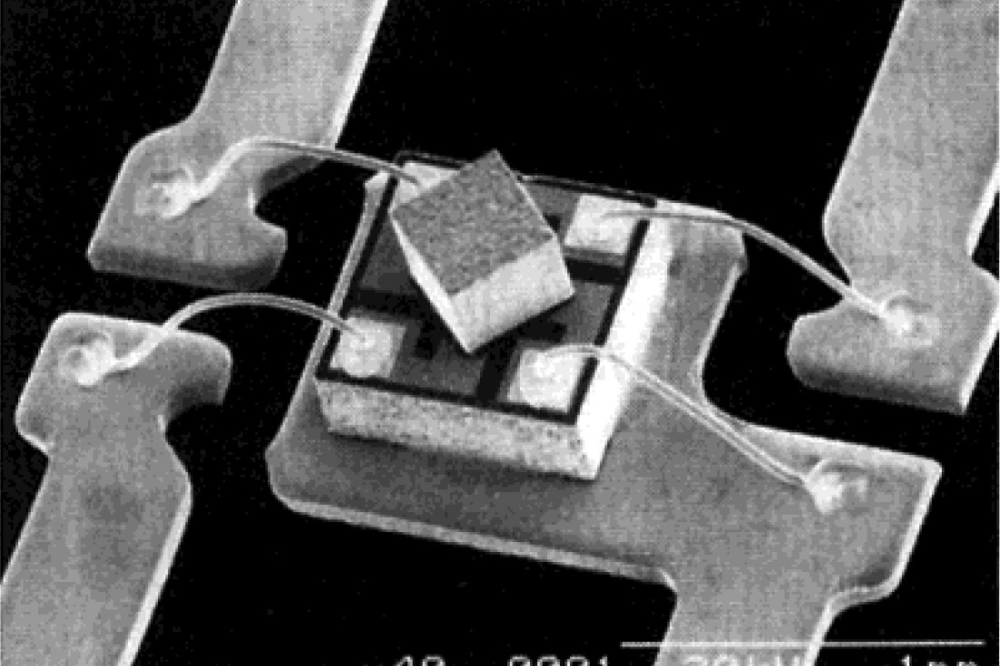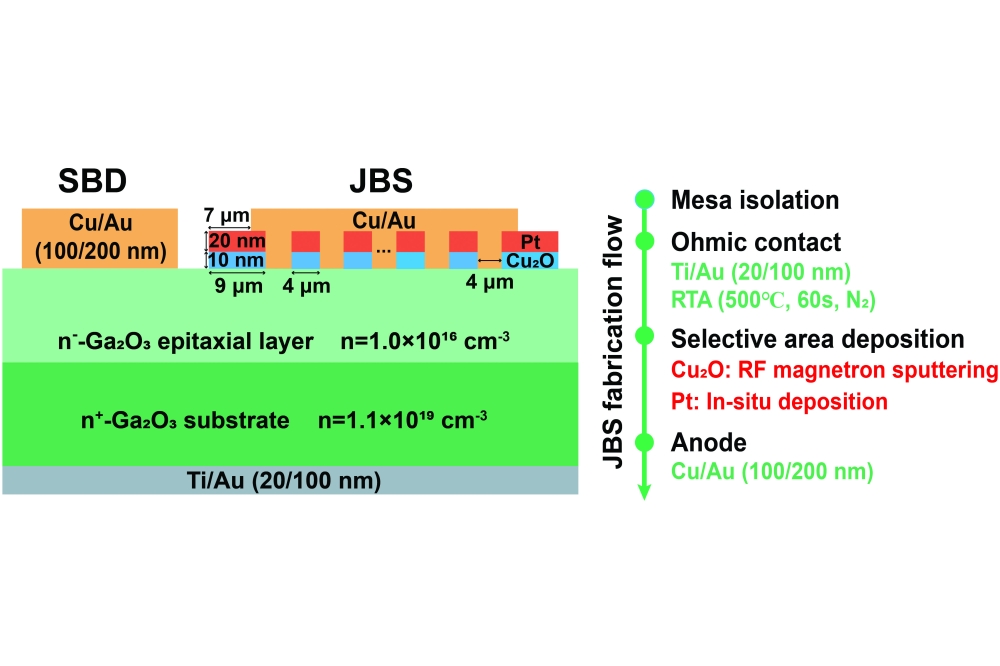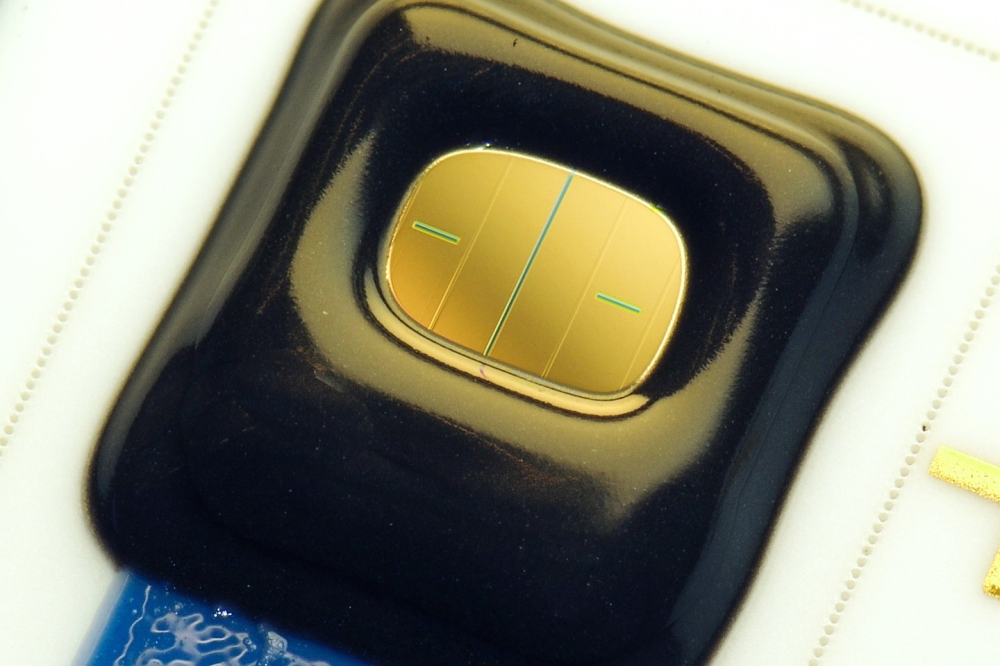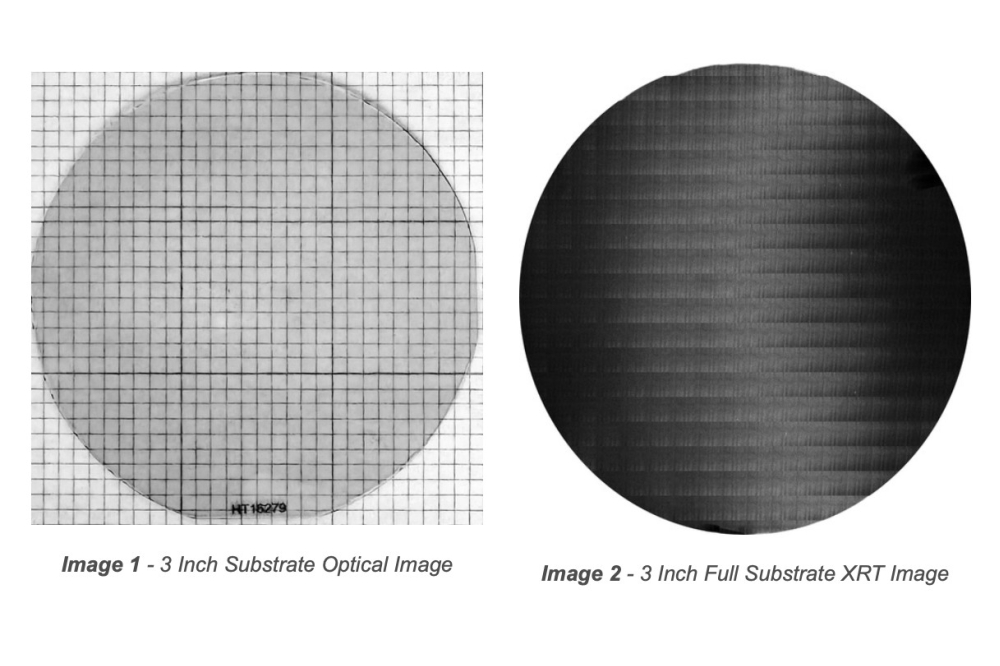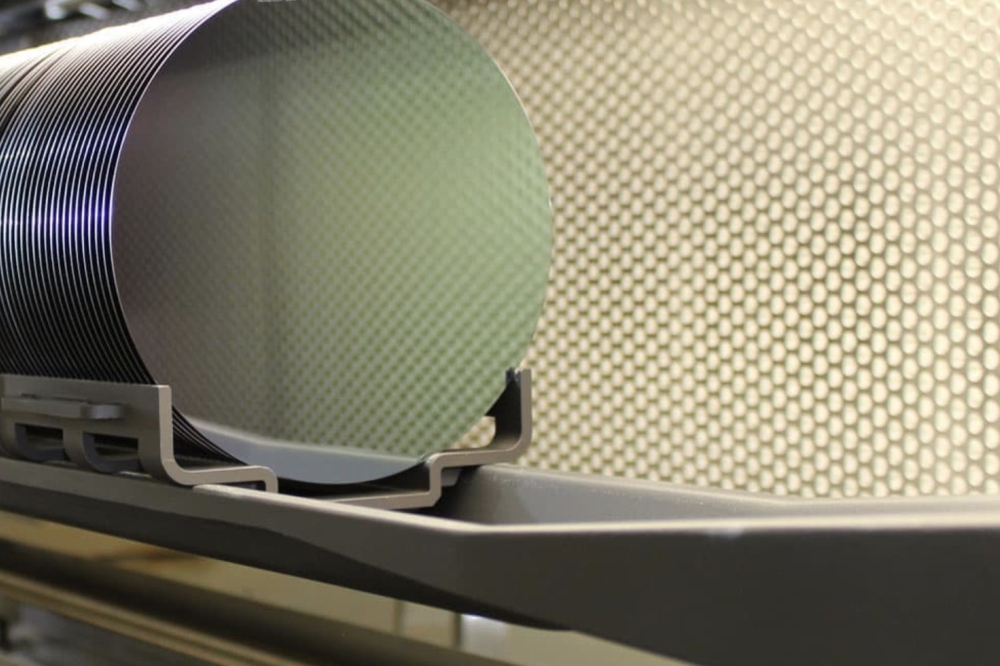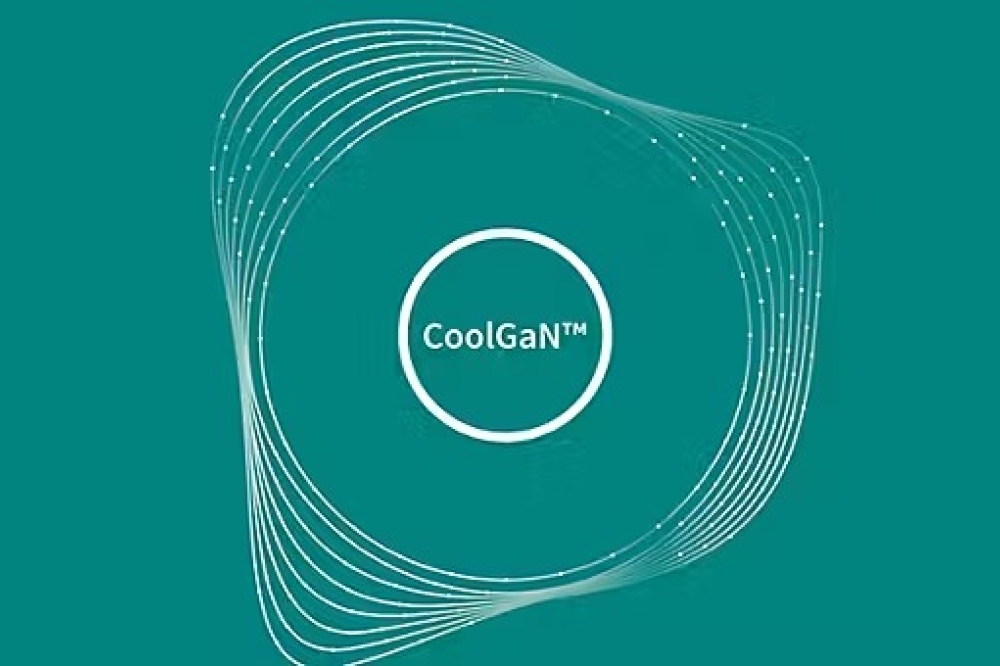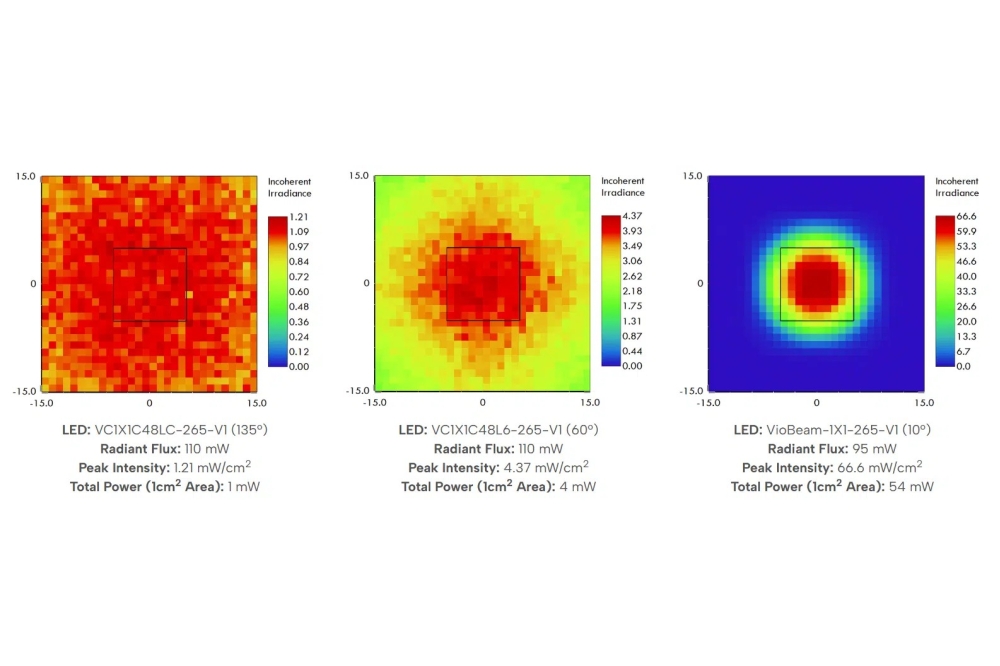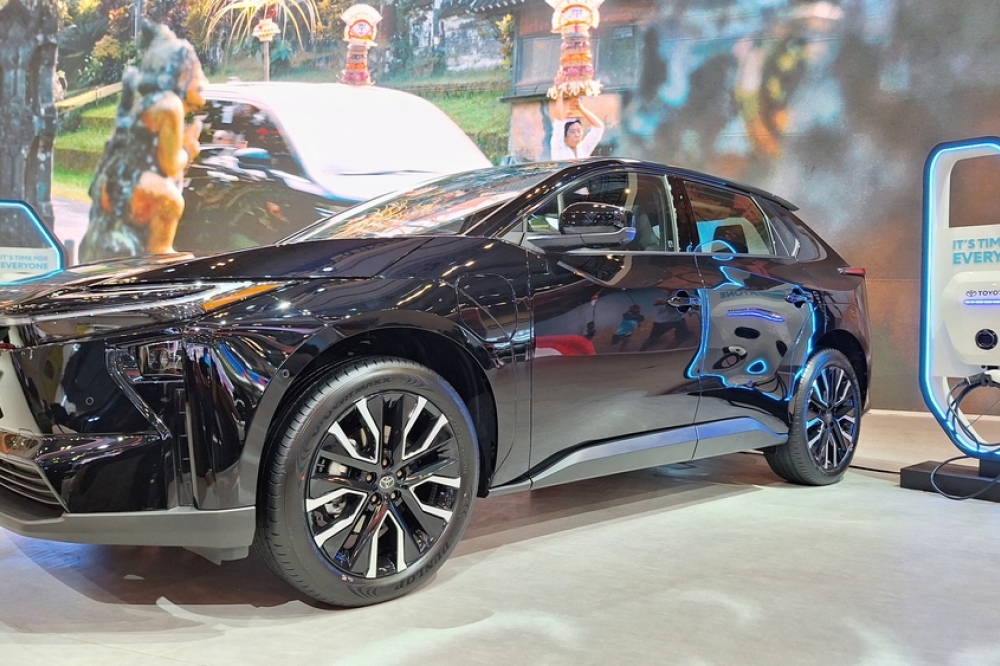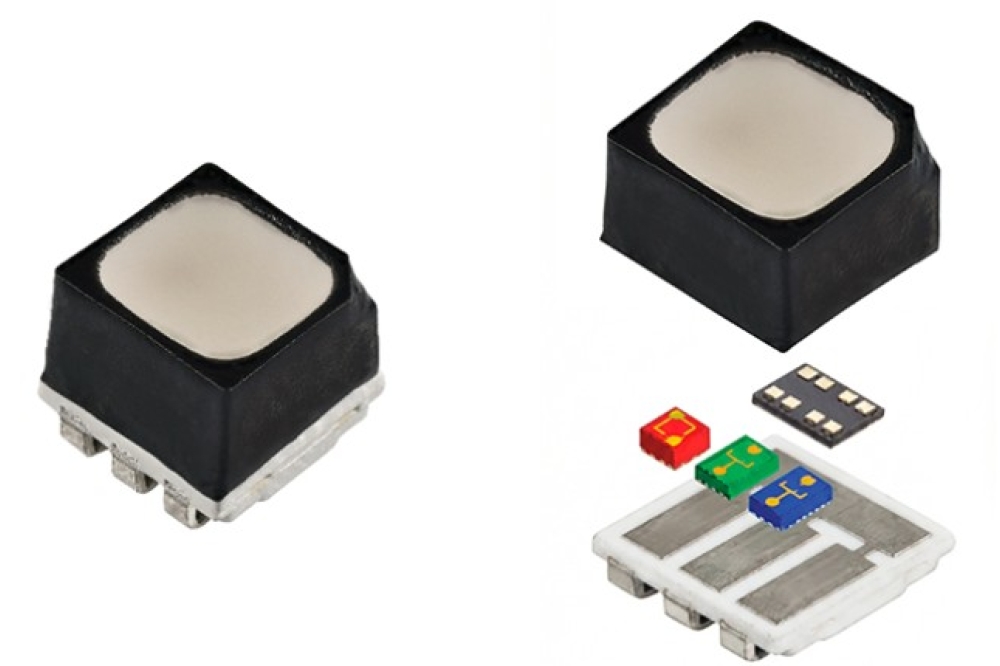Q3 sales of new EVs rise 19.3 percent YoY
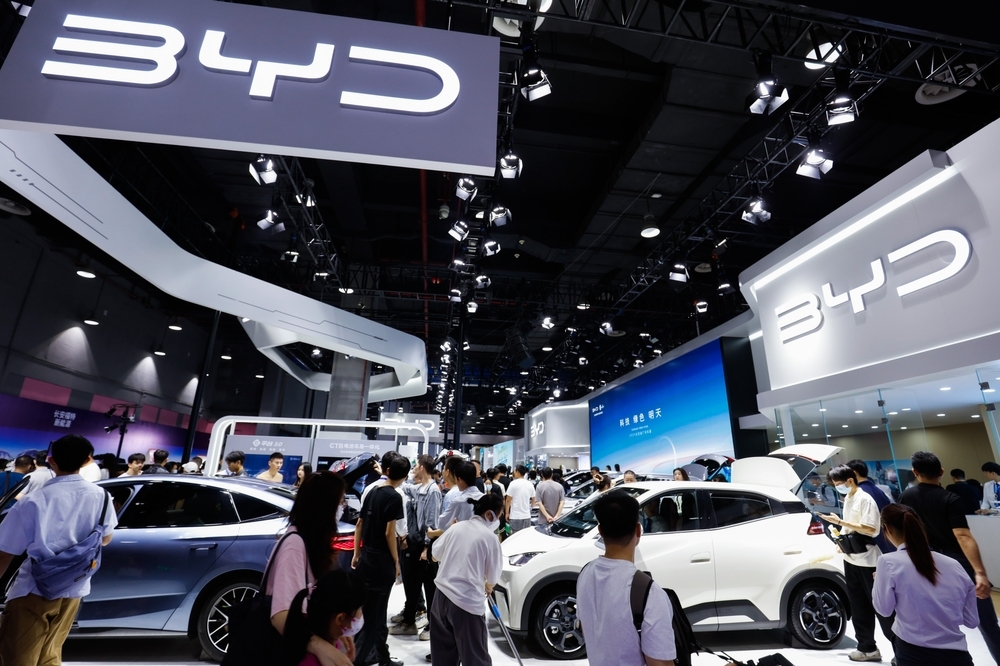
TrendForce’s latest findings show that global sales of new EVs — including battery EVs (BEVs), plug-in hybrid EVs (PHEVs), and fuel-cell EVs (FCEVs) – reached 4.123 million units in 3Q24, marking a 19.3 percent YoY increase.
New EV sales are projected to total 16.26 million units in 2024, representing a 24.8 percent YoY growth.
BEV sales in 3Q24 totaled 2.509 million units, growing 3.9 percent YoY. Tesla maintained its top position with an 18.5 percent market share, followed by Chinese firm BYD at 17.5 percent. However, for the first time, the BYD group’s sales share of BEVs among all powertrain categories within the group has fallen below 40 percent.
The third to fifth spots in global BEV sales were occupied by SAIC-GM-Wuling, Volkswagen (brand), and GAC Aion — only SAIC-GM-Wuling achieved YoY growth.
Chinese brand Leapmotor emerged as a strong contender as it secured seventh place in global BEV sales, driven by its focus on affordability and appeal to younger demographics. Additionally, Leapmotor’s joint venture with Stellantis has begun expanding into the European market. The company can leverage Stellantis’ local factories for assembly and sales expertise, which is expected to aid its market penetration in the region.
Global PHEV sales in 3Q24 soared to 1.612 million units, reflecting a 55.3 percent YoY growth. China dominated the PHEV segment, accounting for 80 percent of global sales, with Chinese brands capturing several positions among the top 10.
BYD (brand) remained the undisputed leader, achieving record-high sales and market, which surpassed the 40 percent threshold. Li Auto and AITO followed in second and third place, respectively, both reaching new quarterly sales records. However, neither brand’s market share has yet exceeded 10 percent. Notably, Chery made its debut in seventh place, reflecting its recent strides in NEV technology and its focus on the PHEV segment.
TrendForce noted the intense competition within the Chinese market, where sales figures and market share for brands ranked fourth to tenth are closely contested.
Maintaining market share in such a dynamic environment poses a significant challenge for all players.

